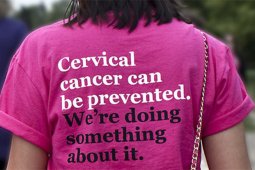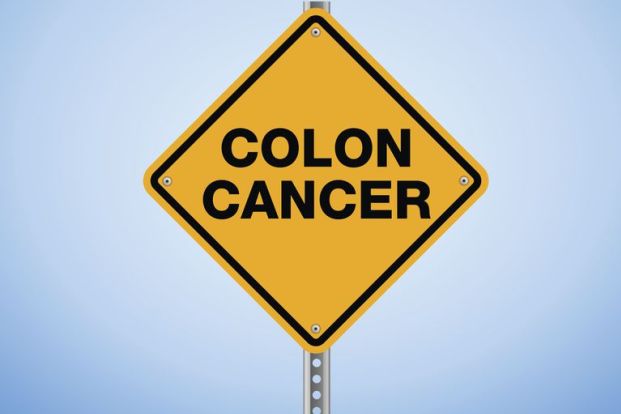Categories
- Bariatric Surgery (11)
- Black Fungus (5)
- Bone Marrow transplant (3)
- Brain Tumor Surgery Navigation Technology (20)
- Cardiac Surgery (66)
- Cardiology (97)
- Computer navigation technology for joint replacements (20)
- Covid Vaccination (17)
- Critical Care (2)
- Dental (19)
- Dermatology (31)
- Dialysis Support Group - “UTSAAH” (11)
- Dietitian (33)
- Emergency Medicine (4)
- Emotional Health (11)
- Endocrinology (33)
- ENT (20)
- Gastroenterology and GI Surgery (53)
- General and Laparoscopic Surgery (21)
- General Surgery (4)
- Gynecology & Obstetrics (183)
- Hematology (20)
- Internal Medicine (294)
- Kidney Transplant (50)
- Kidney Transplantation (20)
- Lung Cancer (8)
- Minimal Invasive Surgery (1)
- Mother & Child (20)
- mucormycosis (5)
- Nephrology (61)
- Neurology (147)
- Neurosurgery (68)
- Nutrition and Dietetics (107)
- Omicron Variant (1)
- Oncology (288)
- Ophthalmology (10)
- Orthopaedics & Joint Replacement (86)
- Paediatrics (59)
- Pediatric Nephrology (3)
- Physiotherapy (5)
- Plastic & Reconstructive Surgery (6)
- Psychiatry and Psychology (90)
- Psychologist (28)
- Pulmonology (72)
- Rheumatology (13)
- Spine Services (21)
- Transradial Angioplasty (16)
- Urology (84)
Query Form
Posted on Apr 19, 2022
Cervical Cancer - 3rd leading cause of death in Women worldwide. Are you at Risk?
What is Cervical Cancer?
Cervical Cancer can be defined as the cancer of ‘cervix’. The cervix is the lower, narrow end of the uterus (or womb). Cervical cancer is the only gynecologic cancer that can be prevented, by having screening tests routinely and follow up, as necessary. It also is highly curable when found and treated early.
Unlike other cancers, it is not dependent on family history, since it is caused by a viral infection. Worldwide, cervical cancer is the 3rd leading cause of death amongst women after breast and lung cancer. It is the one of the most prevalent woman cancer in India.

Who gets cervical cancer?
All women are at risk for cervical cancer. Women who have had a total hysterectomy, which includes the removal of the cervix, are not at risk for cervical cancer. Cervical cancer occurs most often in women over the age of 30. Cervical Cancer is neither hereditary nor genetic. It is caused by an infection related to common virus called human papillomavirus (HPV).This virus is caught during intimate genital skin to skin contact. This virus can affect women of all ages, not just adult women.
What are the symptoms of Cervical Cancer?
Early on, cervical cancer may not cause signs and symptoms. In later stages, cervical cancer may cause bleeding – especially after sex – or discharge from the vagina that is not normal for you. If you have unusual bleeding or discharge, see a doctor.
What raises a woman’s chance of getting cervical cancer?
Certain aspects that can further increase your risk include
- Smoking
- Having HIV or another condition that makes it hard for your body to fight off health problems
- Using birth control pills for a long time
- Having given birth to three or more children
- Poor nutrition
- Poor hygiene
How can I help lower my chance of getting cervical cancer?
- Get vaccinated & take precautions before your sexual life begins
- See a doctor regularly for a Pap test that looks for cervical precancers and cancer.
- Don’t smoke.
- Use condoms during sex.
- Limit your number of sexual partners.



